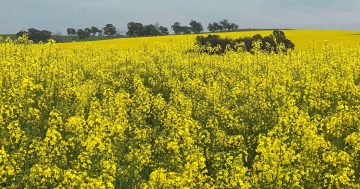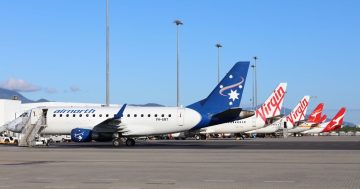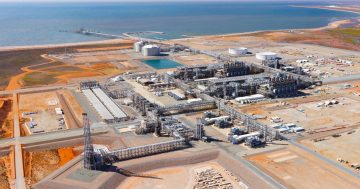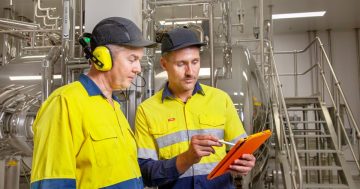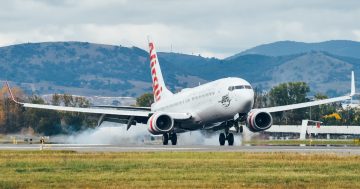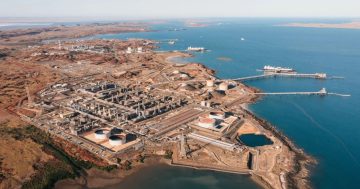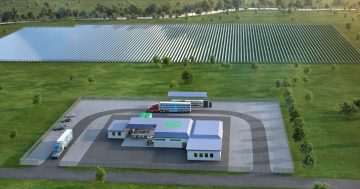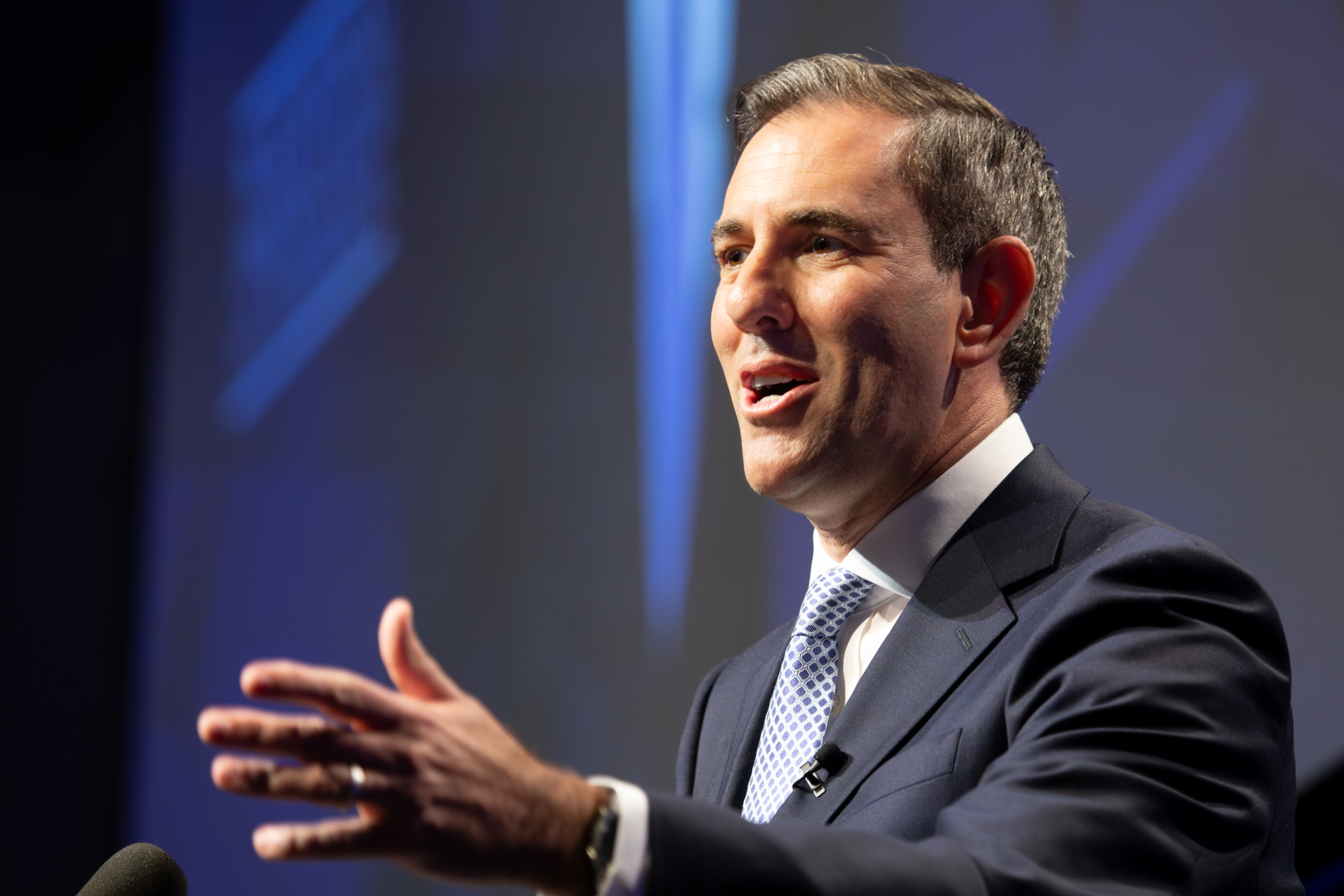
Treasurer Jim Chalmers says low-carbon liquid fuels represent an enormous economic opportunity for Australia. Photo: Michelle Kroll.
Just a day before it revealed its carbon-reduction goals for 2035, the Federal Government announced a $1.1 billion investment in the development of low-carbon fuels as part of its policies to shift to cleaner energies and drive decarbonisation across key industries.
Low-carbon fuels are an alternative to traditional oil and gas-derived fossil fuels, and are developed from feedstocks such as canola, sorghum and sugar, and from waste products.
While they still produce emissions, these are considerably lower and burn cleaner than fossil fuels, and require fewer carbon emissions to produce.
The government said the new 10-year Cleaner Fuels Program would stimulate private investment in Australian onshore production of low-carbon liquid fuels such as renewable diesel and sustainable aviation fuel. This would ensure Australia had supply chains for sustainable fuels to power trucks, construction and farming machinery, cargo ships and planes.
Liquid fuels made up about half of Australia’s national energy use, and replacing those fossil fuels with cleaner alternatives would deliver massive climate and economic opportunities, the government said.
The Clean Energy Finance Corporation (CEFC) has estimated an Australian low-carbon liquid fuel industry could be worth $36 billion by 2050. It said the funding to make cleaner fuel in Australia would help back Australian innovators to make the fuel supply greener and more resilient, and to make low-carbon fuels available for early adopters.
The CEFC said a mature Australian low-carbon liquid fuel industry could deliver about 230 million tonnes of CO2-e in cumulative emissions reduction by 2050, equivalent to more than twice Australia’s current annual transport emissions.
Funding eligibility will be considered through public consultation and design work to take place over the next financial year, with grants to be awarded through a competitive process.
Treasurer Jim Chalmers said low-carbon liquid fuels were an enormous economic opportunity for Australia.
“It’s about making Australians and our economy big beneficiaries of the global net-zero transformation,” he said.
“Developing this industry has potential to make us an indispensable part of growing global net-zero supply chains.
“This is a down payment on developing an entirely new industry in Australia.
“From the farm to the refinery, from primary production to processing, this will create more jobs and more opportunities for Australian workers and businesses.”
Minister for Climate Change and Energy Chris Bowen said making cleaner fuels in Australia from Australian feedstocks created a path for emissions reduction in sectors that were the hardest to clean up.
“Across the nation, we have two billion litres worth of projects in the pipeline, many of which are ready to scale up production,” Mr Bowen said.
“A new thriving domestic industry with more jobs in our regions, from farmers growing the inputs to workers refining the fuels of the future, is within our reach.
“$1.1 billion for low-carbon liquid fuels production here in Australia builds on the $250 million we have already allocated to low-carbon liquid fuels research and development through the Future Made in Australia Innovation Fund.”
The Low Carbon Fuels Alliance of Australia and New Zealand (LCFAANZ), which represents more than 300 stakeholders, welcomed the announcement. The organisation said the investment represented a clear signal to the world that Australia was open for business in the development and deployment of low-carbon liquid fuels.
LCFAANZ founder and CEO of Bioenergy Australia Shahana McKenzie said the announcement represented a major breakthrough in building Australia’s low-carbon liquid fuels industry.
“This investment changes the game for Australia’s homegrown low-carbon fuel industry and our energy security,” she said.
“It sets the foundation for a cleaner, more resilient economy – supporting jobs, sparking innovation and providing hard-to-abate sectors with the affordable, sustainable fuels they need to reach net zero.”
Sustainable aviation fuel (SAF) company Jet Zero also welcomed the announcement, calling it “a step-change” for SAF in Australia.
“As a company focused on bringing the regions to the runway with SAF, we are extremely excited about this new funding support and what it means for our most advanced project, Project Ulysses,” said CEO Ed Mason, referring to Jet Zero’s alcohol-to-jet fuel SAF project in Townsville.
“I want to acknowledge the efforts of the Jet Zero team and our partners, who have been advocating policy support for the sector over the last three years.
“We have seen voices supporting SAF broaden to include Defence and agricultural bodies such as the National Farmers’ Federation, Canegrowers and Grains Australia.”
Aviation/Aerospace Australia, the national association for the Australian aviation, aerospace and space industries, also welcomed the government’s investment.
“Our mission has been to advocate for a sustainable industry, and our GreenSkies initiative is to promote action on sustainability through our working groups in awareness, skills and training; emerging technologies; and infrastructure and supply chain,” it said.


